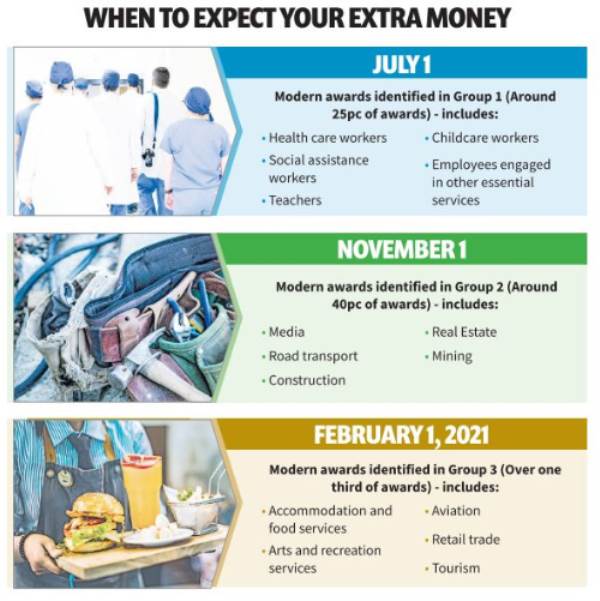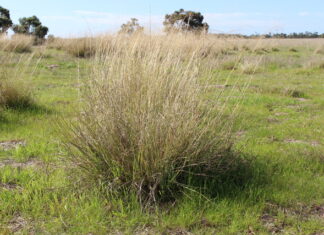
LIMESTONE Coast workers currently receiving the lowest allowable hourly pay will receive more cash in hand following Fair Work Commission’s decision to increase the national minimum wage by 1.75pc.
A staggered approach from the commission will result in essential workers benefiting initially, while the increase will be delayed for the industries hit hardest by the COVID-19 pandemic.
The new national minimum wage will be $753.80 per week or $19.84 per hour, equating to a $13 per week increase.
While the modest increase is expected to be felt by businesses and employers, it is lower than last year’s 3pc rise, which was well above the national inflation rate of 1.6pc.
Torn on the commission’s decision, Mount Gambier Chamber of Commerce president Hayley Neumann said it was a “double-edged sword” for businesses.
“We are concerned for those businesses that are facing tough times at the moment with less trade and having to fork out more expenses, it’s not just wages, it’s payroll tax, it’s super,” she said.
“On the other hand it will be great that employees will have more money to spend in the community, so there is that double-edged sword really.”
Industries and professions deemed to not have felt significant impacts of COVID-19 will introduce the increase on July 1, but for sectors adversely impacted by the pandemic, it will come into operation on November 1.
The hardest-hit industries will fall into a third category where workers will not see a minimum wage increase until February 1 next year.
“We are pleased the government has taken a slow approach and not just enforced it for everyone from July 1,” Ms Neumann said.
“ The hope is the economy is on its way back, everyone is waiting for the last quarter of the year because JobKeeper has been hiding what the real pain is to an extent.”
Business SA chief executive Martin Haese said with the threat of a second wave of COVID-19 still possible, the delay for heavily-impacted industries would provide minimal comfort for business owners.
“The 1.75pc increase from February 1 (2021) for heavily impacted businesses will provide some breathing space however, it will not mean much if a second COVID-19 wave hits and businesses are once again shut down and left paying hefty wage bills,” Mr Haese said.
“Add this 1.75pc wage increase into the mix with catastrophic declines in sales due to COVID-19 and it is not an ideal outcome for business owners.
“With business confidence at an all-time low, many will find the minimum wage increase another body blow as they attempt to get up off the canvas and re-establish themselves.”
Opposing the suggestion it would hurt the economy, Australian Council of Trade Unions secretary Sally McManus said it was disappointing workers in some industries would have to wait several months.
“If wages are not increasing for award dependent workers, this means the government must play a bigger role in stimulating the economy,” she said.
“The most important thing the country needs is people with money to spend and the confidence to spend it.”







